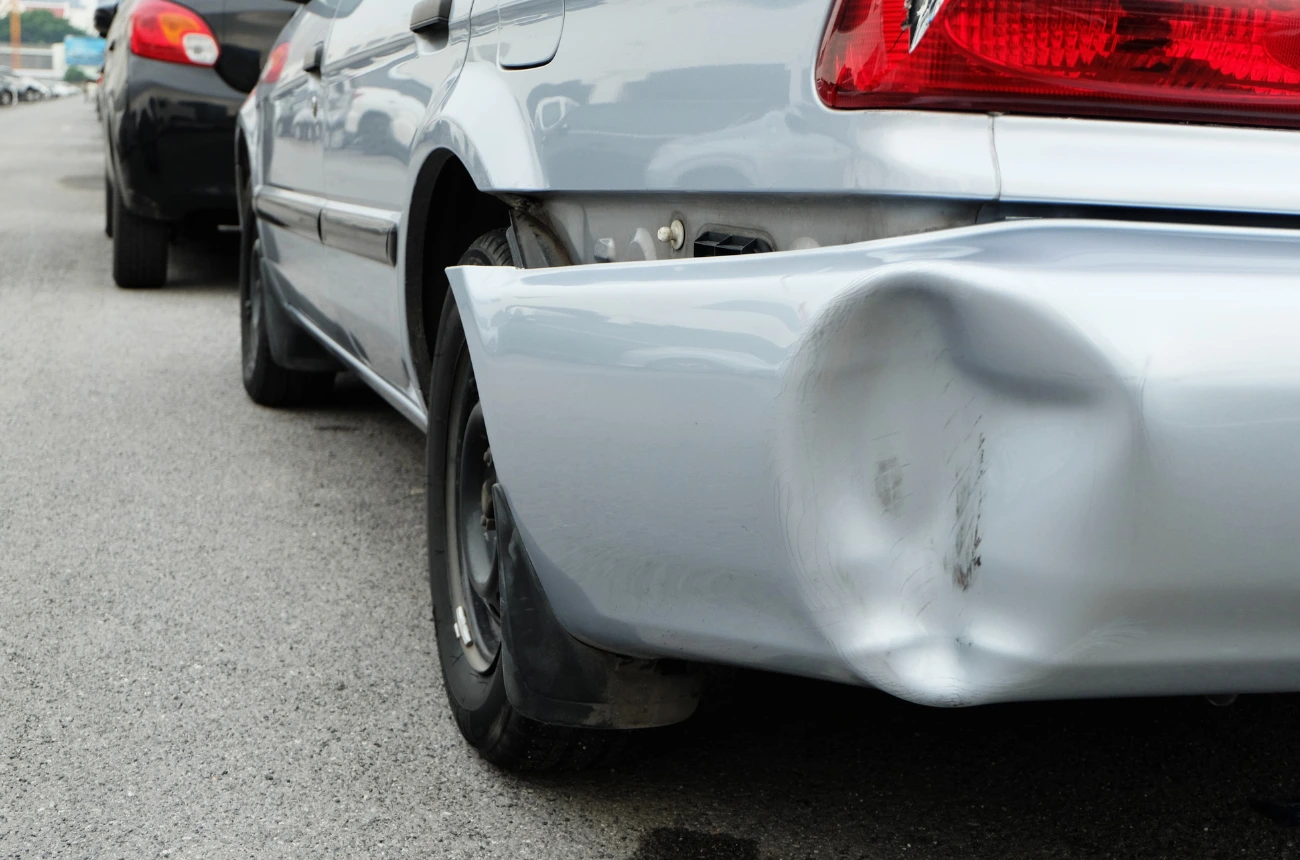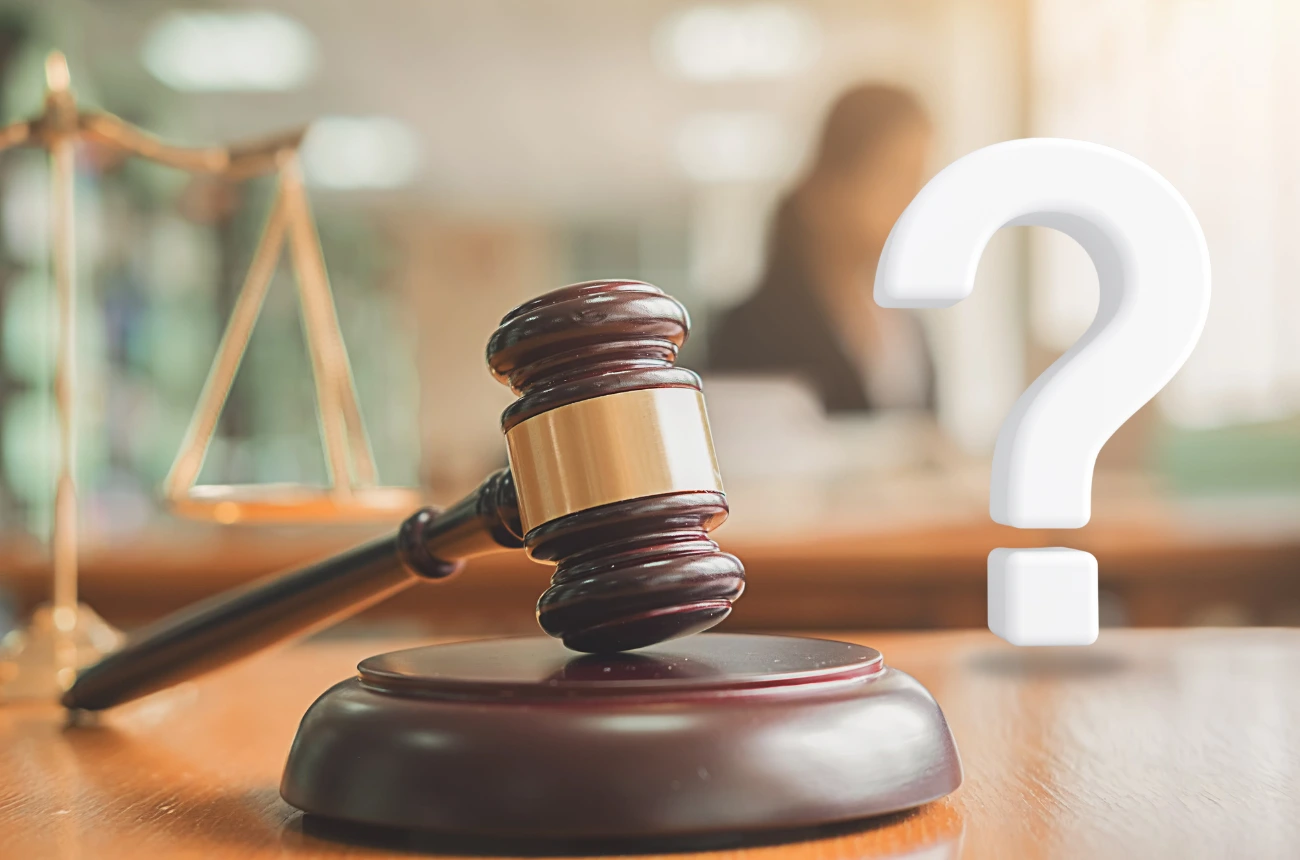If you’ve been injured in Texas—whether it was a car crash, a slip and fall, or something else—and someone is responsible, you may file a personal injury claim to get compensated.
But getting everything you deserve isn’t that simple.
Texas personal injury law comes with complex rules and strict deadlines, and insurance companies don’t make things any easier. Even one small misstep can delay your claim or hurt your chances of getting fair compensation.
You will need a personal injury lawyer from a reputable firm like No Bull Law to deal with the paperwork, push back against lowball offers, and secure a fair settlement for you.
To help you understand what to expect, we’ll break down the personal injury claim process in Texas, explain how long it can take, and why having the right legal support can make all the difference.
The personal injury claim process in tax involves determining who’s at fault for the accident (or how much at fault each party is), and then determining how much the at-fault party owes the victim.
That’s the zoomed-out version of the process, but the entire process goes through a bunch of steps.
Here’s how the personal injury claim process usually plays out:
1. Get Medical Treatment for Injuries
If you’ve been in an accident, you should get medical attention right away, even if injuries seem minor at first. Symptoms don’t always show up immediately.
Besides protecting your well-being, seeing a doctor right away also helps us prove the accident actually caused your injuries.
Without that documentation, insurance companies may argue that your injuries aren’t serious or blame it on something else. In most personal injury cases, no medical records means no case.
2. Consult with a Personal Injury Lawyer
A personal injury attorney will have the resources to investigate the accident, gather key evidence, and identify who’s responsible.
They’ll also know how to calculate the actual value of your damages. Not just the obvious stuff like medical bills and lost income but also factors like the pain you experience and the long-term impact on your life.
Simply put, a Texas personal injury lawyer from a top-notch firm like No Bull Law gives you the strongest shot at getting the compensation you deserve.
3. File an Insurance Claim
If the accident wasn’t your fault, you have every right to go after the at-fault driver’s insurance for compensation. This is where your lawyer steps in to file the claim, deal with the insurance adjuster, and make sure they don’t lowball you.
Just don’t wait too long: Texas law gives you just two years from the accident date to file a personal injury claim.
4. Conduct an Accident Investigation
When you file a claim, the insurance company will do its own investigation, but their goal is to protect their bottom line—not yours.
Your Texas personal injury lawyer will carry out a separate, independent investigation focused entirely on your best interests. They can:
- Investigate the accident and identify all parties who may be directly or indirectly liable for your injuries.
- Document the full extent of your injuries and related damages.
- Review available insurance policies that may cover your losses.
- Calculate the value of your claim, including both financial losses and pain and suffering.
- Assess whether your personal injury case qualifies for extra compensation, like punitive damages. For instance, if the at-fault driver was drunk or reckless.
In more complex cases, your lawyer might also bring in experts, like accident reconstructionists or medical professionals, to strengthen your personal injury case and provide key insights.
5. Send a Demand Letter
A demand letter lays out the details of the accident, explains your injuries, and clearly breaks down the damages, such as medical bills, lost income, and pain and suffering.
In some cases, especially when the policyholder hasn’t been fully cooperative or if details are unclear, the insurer may respond with a Reservation of Rights letter. This means they are reviewing your claim but retain the right to deny it.
6. Negotiate a Settlement
The insurance company can respond in several ways. They may:
- Accept the demand
- Deny the claim
- Make a lower counteroffer.
If the insurer denies the claim or makes a lower offer, your lawyer will push back and fight for fair compensation.
However, if a reasonable agreement can't be reached through negotiation, the next step will be to file a personal injury lawsuit and start the litigation process.
7. File a Lawsuit (If Necessary)
Once both sides have filed their initial paperwork and pleadings with the court, the case moves into the discovery phase.
During this stage, both parties use various discovery techniques to gather information about the accident, like written discovery (Interrogatories, Requests for Admission, and Requests for Production) or depositions. In most Texas counties, mediation is also required before a case proceeds to trial.
With all the evidence on the table, parties are usually more willing to negotiate a fair agreement. If a settlement is reached, the case ends there, and the lawsuit is dropped.
If negotiations fail during the litigation process, the case may ultimately end with trial. Both sides present their arguments to let a jury decide if the plaintiff is worthy of compensation and, if so, how much said compensation should be.
8. Finalize the Settlement and Close the Case
Once a settlement is reached, you’ll need to sign a settlement agreement and a release of liability. This means you agree not to file any more claims related to the accident in the future.
However, if your case goes to trial, even a jury verdict doesn't always mean immediate payment. Post-trial motions, appeals, or collection steps may still follow before the case is officially resolved.
Only when everything is signed and finalized will your settlement funds be processed.
The settlement funds are then typically deposited into your attorney’s trust account. From there, a few deductions may be made, such as:
- Attorney’s fees based on the agreed-upon percentage. Personal injury lawyers in Texas are limited to collecting 33% to 40% of the final settlement.
- Case-related expenses, such as court filing fees or investigation costs.
- Any medical expenses or liens still owed.
What’s left is your net compensation, which is the amount you take home for your injuries, losses, and recovery.
So, from red tape to compensation, the Texas personal injury claim process can be a bumpy ride. But with the right lawyer by your side, that path becomes much clearer and smoother.
Having a good lawyer means you don’t have to chase paperwork, argue with insurance adjusters, or figure out the legal maze on your own. We’ll explain.
- You save time and effort: As mentioned above, a reputable personal injury lawyer handles everything from gathering witness statements and collecting medical reports to dealing with the insurance company. Plus, they’ll make sure every step is done correctly and on time, so you don’t risk missing important deadlines.
- You only pay when you win: Hiring a personal injury lawyer from a reputed firm like No Bull Law won’t cost you a dime upfront, as they only get paid if you do. And even after their cut, you’ll likely get 3 to 3.5 times the amount compared to doing it yourself.
- You can make an accurate claim: Insurance companies may shift the blame on you to avoid paying. On the flip side, asking for too much can also sink your case.
Your personal injury lawyer or car accident lawyer will help you strike the right balance. Having handled countless similar cases like yours, they can accurately assess what your claim should be worth.
- They can represent you in a lawsuit if required: If a fair settlement isn’t reached, your case will go to court. At the time, an experienced personal injury lawyer with trial experience can represent you, handle the legal process, and take the pressure off your shoulders.
You need to find a personal injury lawyer who knows the game, fights hard, and puts your case first—with zero upfront fees.
And that’s exactly what we do at No Bull Law.
To start with, simply claim your free consultation. Get honest, risk-free support. Then, our team will begin investigating your claim and fight to get you the desired results.
Read on to learn what can impact your payout, the types of damages you may be entitled to, and how long the process might take:
1. What Factors Affect the Value of a Personal Injury Claim?
Here are some elements that can increase or decrease your payout:
- The severity of injuries: A more catastrophic injury, like brain injury or spinal cord injury, that results in long-term or permanent disabilities, extensive medical treatment, or substantial pain and suffering tend to yield higher compensation — provided there’s sufficient coverage available to pay the claim.
- Lost wages and loss of earning capacity: If your injuries affect your ability to work, you may be entitled to compensation for lost wages. To back up your claim, you’ll need proof, like pay stubs, work history, and expert opinions. This helps show just how much your injury has impacted your current and future earnings.
- Available insurance coverage: If the at-fault party has higher insurance coverage, your chances of securing a bigger payout go up. Keep in mind — the more coverage there is, the more scrutiny your claim will likely get, which can slow things down. But if the at-fault party is uninsured or only carries minimal coverage, it could limit how much compensation you can actually recover.
- Legal representation: The expertise of your personal injury lawyer can make all the difference, especially when facing insurance companies that are quick to downplay or deny your claim.
2. What Type of Damages Does a Personal Injury Claim Cover?
You can claim compensation for:
- Economic damages: These include medical expenses, lost current and future income, property damage, and costs for household tasks you can no longer perform.
- Non-economic damages: These cover intangible losses, such as physical pain and suffering, mental anguish, and physical impairment.
- Punitive damages: If the at-fault driver acted recklessly, like in a drunk driving accident, the court might award extra damages to ensure that they and others think twice before doing something similar again.
3. How Long Does it Take to Settle a Personal Injury Claim in Texas?
The timeline for settling a personal injury claim will vary. It depends on factors like the case's complexity, injury severity, and the insurance company’s willingness to offer a fair settlement. Some cases may be settled in a few months, while others might take years.
To get a better idea of the timeline, it’s best to talk to an experienced personal injury attorney at No Bull Law.
Secure Your Personal Injury Claim — No Bull, Just Results
Between medical appointments, mounting bills, and confusing legal paperwork, handling personal injury claims on your own can feel overwhelming. Especially when insurance companies are doing everything they can to pay you less.
That’s why you need a skilled personal injury lawyer in your corner. They’ll handle the legal heavy lifting, deal with the insurance adjusters, and get you the fair compensation you deserve.
So why wait?
Contact No Bull Law for a free consultation today—skip the hassle, lawyer up, and let us turn your claim into a win.







































































